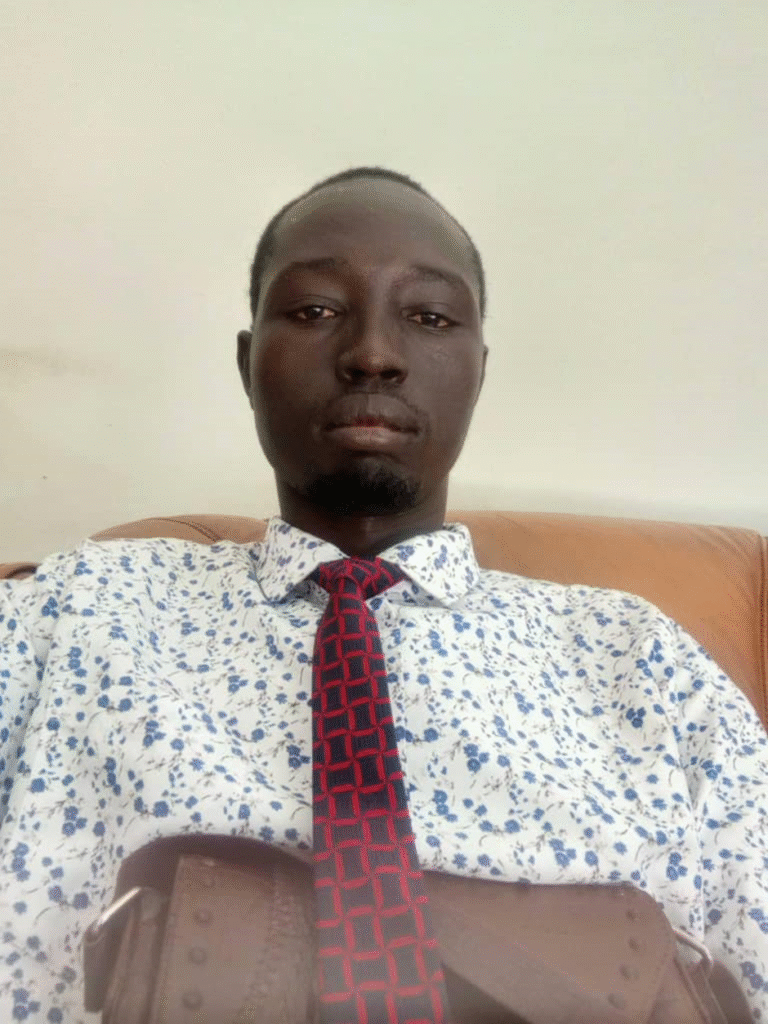South Sudan's English Daily Newspaper
"We Dare where others fear"

By Aluong Maker Aluong.
Two students from the University of Juba, Mawut Deng Mabor and Elijah Akuei Kuol on Wednesday, shared differing opinions regarding the reasons behind the extended 2024–2025 academic calendar.
In an interview with The Dawn Newspaper, the students expressed their contrasting views on the indefinite timeline, leaving many students uncertain about when the academic year will conclude.
Mawut Deng Mabor, a third-year student from the School of Management Sciences, stated that the indefinite academic calendar is not a natural issue but rather an administrative one.
“It is an administrative problem in the sense that Prof. Robert Mayom , the Vice Chancellor of the University, is not imposing restrictions on the teaching staff and national government as Prof. John Akec would have done,” he said.
He emphasised that the Vice Chancellor is not providing firm guidelines for the teaching staff to work under pressure.
“In any productive institution, it is the strict rules established beforehand that lead to quality work. The lack of clear rules at the outset may seem harsh, but ultimately, such strictness fosters improvement within the institution,” Deng stated.
He highlighted two major issues that complicate the Vice Chancellor’s position: the desire to please teaching staff who are not meeting expectations, and the need to allow students to sit for examinations without completing their lectures.
“This has led to numerous changes in the already designed calendar, resulting in the overlap of one academic year with another”.
Deng underscored that Prof. Robert Mayom is often hesitant to apply pressure to lecturers who are not receiving their salaries on time, contrasting this with the approach of the former Vice Chancellor, Prof. John Akec. However, he noted that this leniency is undermining the administration in other respects.
Elijah Akuei Kuol, another student at the University of Juba, provided a contradictory perspective, asserting that the issue lies not with the university’s administration but squarely with the national government.
He pointed out that public university staff are paid by the government, and delays in salary payments hinder their ability to perform effectively.
He stressed that the government is failing to fulfil its responsibility by not paying teaching staff on time.
“Who would challenge the government’s rules when lecturers are receiving their salaries on time? No one! The university administration and its staff will abide by them,” he argued.
“Consider the private universities in South Sudan, such as the Catholic University of South Sudan and Starford International University. If these private institutions fail to perform as expected, it is appropriate to hold the administration accountable, as they are self-funded,” Akuei illustrated.
He concluded by stating that citizens, particularly students, should not overlook the government’s role in this blame, as the administration of any public university is ultimately under government control.
Deng reiterated that South Sudanese should not remain silent when seeking meaningful change. Productive outcomes often arise from extensive discussions, even if they are uncomfortable.
“Therefore, we must continue to voice our concerns so that both the national government and the administration of the University of Juba recognise their shortcomings and take action,” he urged.




